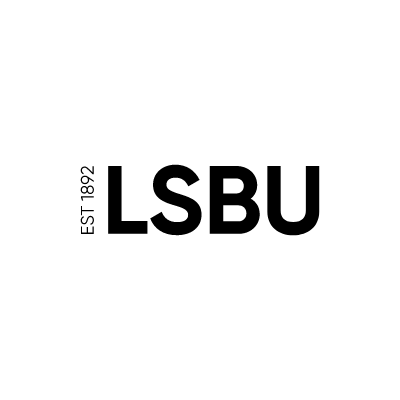Arguably, no sector in the UK has seen greater change in recent years than higher education. The increase of tuition fees, which rose to £9,000 in September 2012, and the removal of the cap on student numbers, have profoundly shaken up the sector. As ‘paying customers’, students’ expectations are higher and the competition to attract students is fiercer than ever. One university is putting customer service at the heart of its response to this changing landscape, London South Bank University (LSBU).
The university, with its main campus in Southwark and another in Havering, is distinctive in a number of ways. More than half of its students come from the local area in London; over half are of BME (Black and Minority Ethnic) origin; and more than 50% also come from the lower socio-economic quartile. The demographic of its students means that the university puts a huge emphasis on developing employability skills. And it sees customer service, across all aspects of the student experience, as a key facilitator to achieving this.
Ian Mehrtens, Chief Operating Officer at LSBU, said: “Everything we do is focused around the student experience. We are committed to providing the most positive and supportive environment possible so that our students can flourish and put themselves on the path to successful working careers. Customer service is central to this, we use customer service as a way to stay ahead of the curve. Many universities are slow to react to change, but we try to adapt quickly and deliver what students need and increasingly expect.”
An embedded approach
This sense of the importance of customer service has been embedded across the university, from academic staff to student support services (well-being, disability/dyslexia support), accommodation services, student admin, library and learning resources, and HR. The university has established a Customer Service Steering Group that sets the strategy and vision for customer service across the organisation. The steering group includes two Deans who actively promote and push the service agenda to academic staff, to ensure that it is seen as an issue for everyone, not just support or admin functions. For example, tutors in all of LSBU’s seven Schools use their module evaluation questionnaires to improve the student experience – by asking students for their feedback after each and every module, and then acting on the feedback received.
What makes this really stand out is the fact that courses are designed with this feedback specifically in mind, so students’ needs are central to all developments. Classic customer service in action. However, whilst students form the biggest customer base for LSBU, it is not only about them. Around a third of the 20,000 students at the university are undertaking employer-sponsored degrees (a much higher proportion than at most other universities). So these companies are another important customer base, along with other businesses local to the university. The local community is important too. For example, LSBU’s Academy of Sport, which offers a whole range of sporting facilities and events, markets itself as much to the local area as it does to students.
The customer service journey
The university has been on its customer service journey for a number of years now. But becoming members of The Institute of Customer Service two years ago marked an important step. Since joining, the university has delivered customer service training via The Institute to a wide number of staff (through the FirstImpressions and ServiceFocus training programmes) and also received ServiceMark accreditation for four of its divisions.
“Working with The Institute has enabled us to formalise and professionalise our customer service approach,” Ian Mehrtens said. “In a sector that fundamentally values qualifications and professionalism, it is important for us to bring that to customer service as well , to show the real value of customer service as a career, or as a facet of a career.” The training programmes have given staff greater confidence around delivering service to students as well as improving employee engagement. The university is notable for being the first organisation to achieve ServiceMark accreditation for four areas at the same time. The Academy of Sport, the Accommodation team, the Library and Learning Resource Centre, and the Student Life Centre (that delivers support and well-being services) all achieved the prestigious accreditation.
Returns on investment
There have been tangible returns for LSBU from its Institute of Customer Service membership. The university has been seeing higher number of students re-enrolling, lower numbers dropping out of courses, employability rates rising, and demand for its support services increasing. Meanwhile, staff retention rates have also increased. In some areas, satisfaction rates among students and staff rose by as much as 25% between the university’s 2014 and 2015 surveys. LSBU’s score in the National Student Survey (which is of third year students) also rose last year. There are many factors involved in these outputs of course, but The Institute training and accreditation has certainly helped.
“One of our key values at the university is inclusivity,” Ian Mehrtens said. “We want students to be comfortable to be themselves, whatever their background, and not feel that they are being judged. We want them to feel well-supported and well-understood. I think our metrics show that we are succeeding in that.”
Plans for the future
Looking to the future, the university plans to roll out further customer service training to even more staff, gain ServiceMark accreditation for more of its functions, implement the action plans that have arisen to date, improve its internal customer service, and maintain and extend its close working with and service to partner businesses and the local community. A packed agenda for sure. Reflecting on the importance of the university’s Institute membership, Ian Mehrtens said: “The Institute has helped us focus all staff on what customer service is, what it means, and how it affects our students’ lives. It’s really been worth it.”
